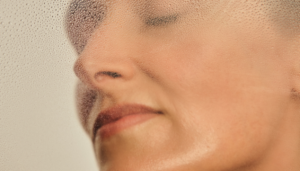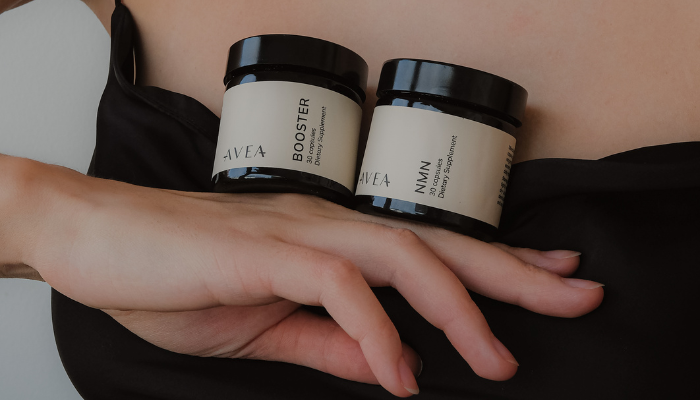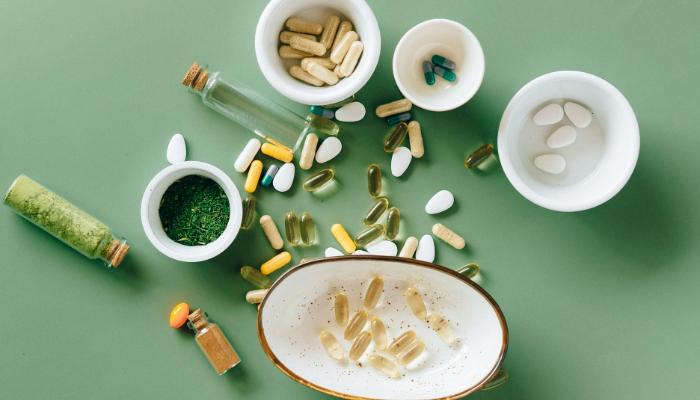Why is Vitamin D suddenly on everyone’s radar? This ‘’Sunshine Vitamin’’, has receptors in nearly all tissues in our body. Is it time to finally recognise its diverse and widespread benefits on our health?

Turns out, over half of the population lacks Vitamin D. Its deficiency has been being linked to several age-related diseases, including cardiovascular and respiratory diseases, diabetes, cancer, as well as dementia.
Explore the various Vitamin D benefits for holistic wellness and discover why this sunshine vitamin is essential.
In this article
Free guide to reverse your biological age

- Master the science of rejuvenation.
- Apply proven tips to turn back the clock.
- Transform your health with top longevity specialists.
What exactly is Vitamin D?
Despite being a fat-soluble hormone, we call it ‘’Vitamin D’’ since we cannot live without it.(Quick Latin lesson— Vita means life).
Vitamin D has a cholesterol backbone and works as a steroid (also known as a neuro-steroid). It’s called the ‘’Sunshine Vitamin’’, as it is produced in our skin, after exposure to UV rays from the sun.
How to get Vitamin D?
While many people rely on sunlight for vitamin D, during winter or when sunlight is limited, supplements may be necessary.
Other Vitamin D sources include mostly animal-based foods like egg yolk, fatty fish or cheese. Mushrooms are the only natural plant-based source of Vitamin D, unless they’re fortified.
When consumed, Vitamin D is first hydroxylated in the liver and then in the kidneys, to become active. This form of Vitamin D helps our body absorb and retain calcium and phosphorus, crucial for bone growth.
Vitamin D benefits, backed by science
Vitamin D can be a game-changer for our health.
Sufficient levels of Vitamin D help with:
- calcium regulation
- antioxidant effects
- anti-inflammatory effects
- serotonin regulation
- behavioural and anatomical changes in hippocampus of animals
- regulation of release of Nerve Growth Factor
- immune system control
- neurological development and protection of the adult brain
- Covid-19 protection
Vitamin D deficiency can cause:
- learning and memory problems and grooming behaviours in early life
- anxiety and depression
- inflammation and infections in the brain
- cardiovascular diseases
- cancer
- stroke and metabolic disorders, including diabetes
- beta-amyloid predisposition (related to Alzheimer’s)
- cognitive impairment, dementia, psychosis, and autism
Why Vitamin D alone isn’t enough?
As people begin to realise the importance of this nutrient for optimal health, there’s another piece of the puzzle that many seem to miss, and that relates to Vitamin K2.
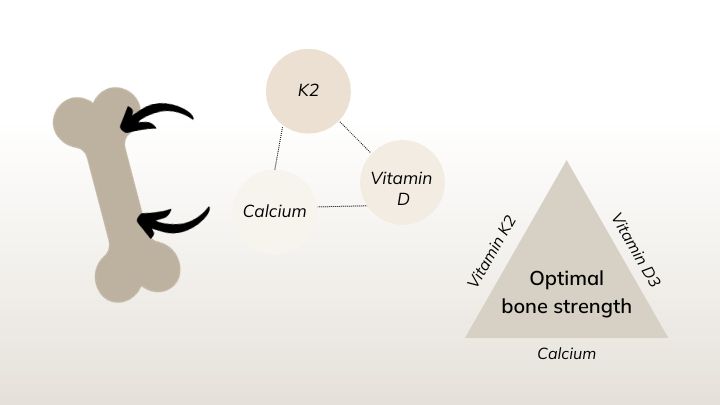
Vitamin D only works when paired with Vitamin K2. This duo improves bone mineral density, prevents bone loss, and protect your arteries.
- Bone Health: Vitamin K2 ensures that calcium gets channelled into bones and not misdirected to arteries.
- Arterial Health: Vitamin K2 is essential to produce Matrix GLA Protein (MGP), which prevents arterial calcification.
- Immune Health: Vitamin K has recently been identified as a potential factor in managing risks related to COVID-19.
Vitamin D and K2 benefits
In a nutshell, Vitamin D helps bone-building cells to produce a special protein called osteocalcin, which is crucial for getting calcium into our bones.
This protein needs to be activated, or “carboxylated,” and that’s where Vitamin K2 comes in. If you don’t have enough Vitamin K2, the protein won’t get activated, and calcium won’t go where it’s needed in the bones.
So, both Vitamin D and Vitamin K2 are vital for strong bones. Else,
- calcium is not delivered to the bones
- bones can then become weak and porous
- calcium may get deposited in the arteries
- arteries can become calcified
- risks of coronary heart disease increases.
Can you get enough Vitamin D from the sun alone?
Our skin is our primary natural source of Vitamin D. Yet, many of us don’t catch enough rays due to our living altitude, climate seasons, or simply by spending more time inside.
Also, people with darker skin tend to have lower blood levels of Vitamin D due to melanin— the hormone pigment that acts like a shade, reducing the damaging effects of sunlight on the skin, but also production of Vitamin D.
Supplementing with Vitamin D and K2 is optimal to ensure the daily recommended amount of these micronutrients.
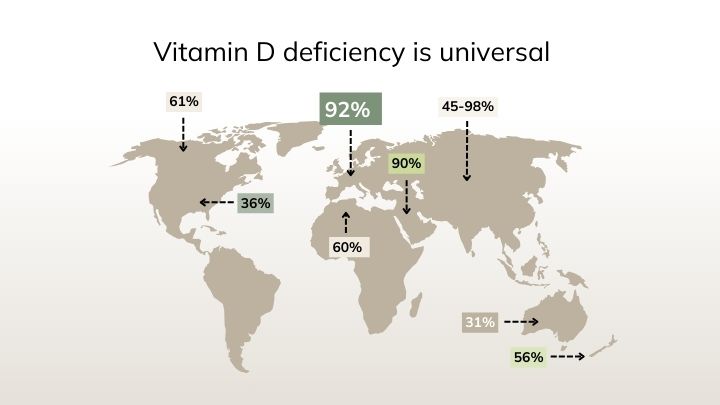
What to look for in a Vitamin D supplement?
The two major forms are Vitamin D2 and Vitamin D3. D2 comes from plants, or is largely human-made and added to foods. D3 is produced by animals, including humans.
Both play the same role in the body, but only have different molecular structures. Experts strongly recommend supplementing daily with Vitamin D, and also highlight how the presence of Vitamin K2 is also non-negotiable.

Dr. Andrew Huberman takes Vitamin D3 & K2 daily, and has mentioned how his blood markers has improved ever since.
The Avea Essentials: 100% vegan
The Essentials are packed with vegan, essential micronutrients: Vitamin D3, Vitamin K2, Zinc, Magnesium and Omega-3. Support your immune system, brain and heart health, to build your foundation.
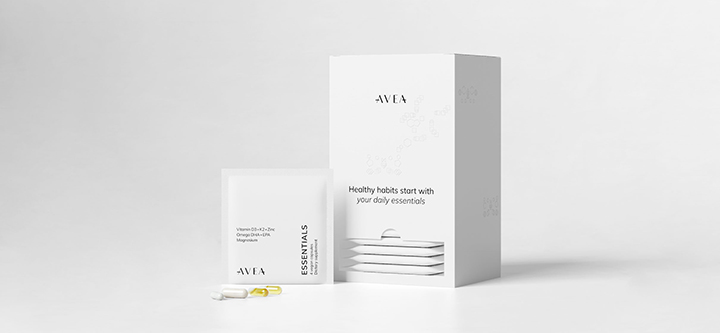
Synergetic power for optimal health
All the ingredients of the Essentials work perfectly together to support overall health. Vitamin D requires cofactors such as Vitamin K2, Zinc, Magnesium and Omega-3 for proper function.
Vitamin K2 helps to direct calcium to bones and teeth, while Zinc supports immune function and Vitamin D receptor activation. Magnesium and Omega-3 are essential to convert D3 into its active form.
Your health, your choice
Vitamin D is an important calcium-regulating hormone with diverse functions in numerous tissues, including the brain and heart.
Increasing evidence shows its role in maintaining cognitive function and a deficiency may accelerate age-related cognitive decline, dementia, depression, diabetes mellitus, autism, and schizophrenia.
Invest in your health today, your daily habits matter.







